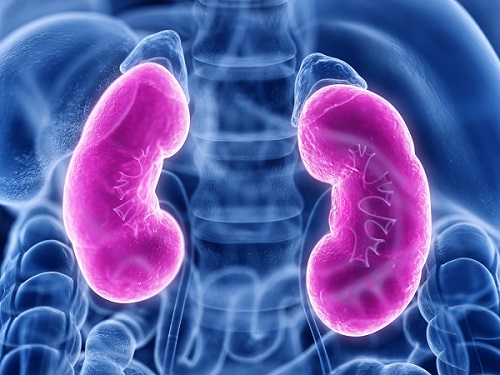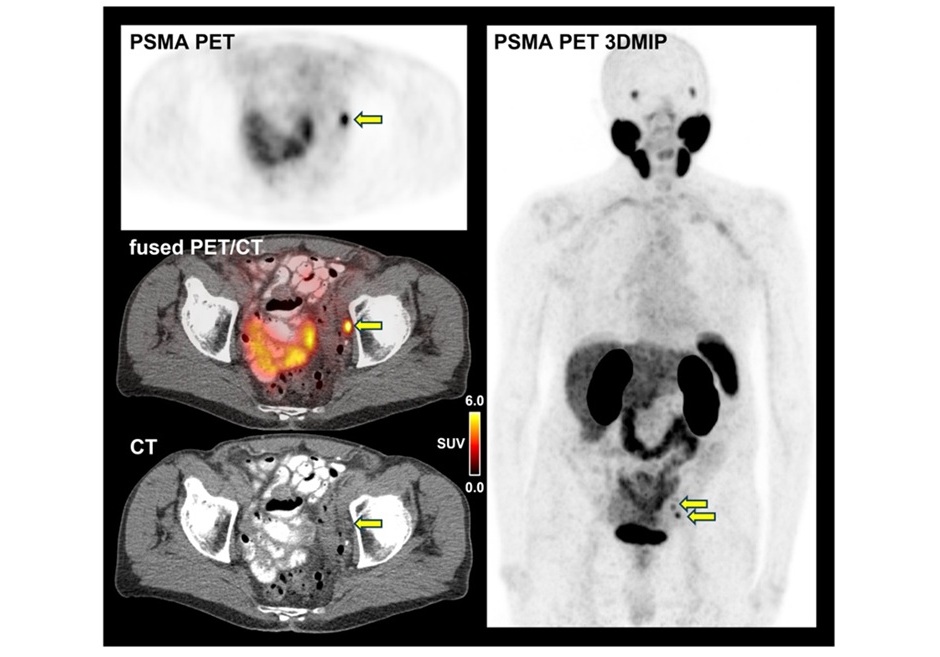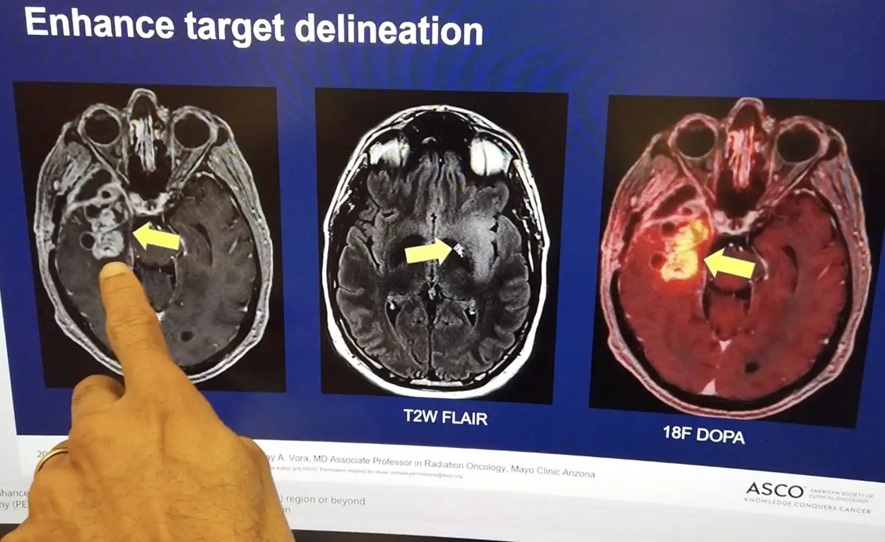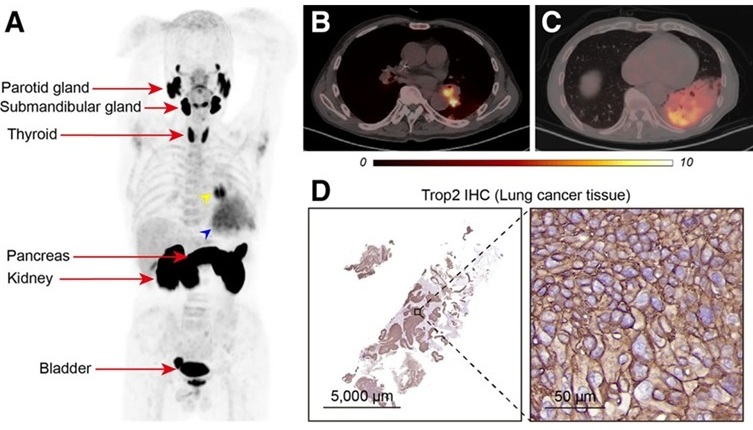Radiology Test Non-Invasively Diagnoses Immune Checkpoint Inhibitor-Associated AKI
Posted on 06 Sep 2024
Immune checkpoint inhibitors (ICIs) are a class of immunotherapy that has transformed cancer treatment but can trigger autoimmune reactions like immune checkpoint inhibitor-associated acute kidney injury (ICI-AKI). Distinguishing ICI-AKI from other causes of acute kidney injury (AKI), common among cancer patients, often requires a kidney biopsy, which carries bleeding risks for some patients. In a new study, researchers explored the use of F18-FDG PET-CTs, a nuclear imaging technique, to identify ICI-AKI without invasive biopsies. Their findings show that ICI-AKI patients exhibit significantly higher levels of radioactively labeled glucose in the kidneys—indicative of inflammation—compared to those with AKI from other causes. This suggests that F18-FDG PET-CTs could serve as a non-invasive alternative for diagnosing ICI-AKI.
Historically, kidney biopsies in ICI-AKI cases typically reveal acute interstitial nephritis, triggered by activated T-cells. Current standard procedures require a biopsy to diagnose this condition. However, certain conditions, such as having a single kidney or being on anticoagulants, may preclude safe biopsy, emphasizing the need for non-invasive diagnostic options. Earlier small-scale studies and case reports considered F18-FDG PET-CTs for this purpose but were limited by size, lack of rigorous criteria, and absence of control groups.

In this latest study, researchers at Brigham and Women's Hospital (Boston, MA, USA) aimed to validate the diagnostic utility of F18-FDG PET-CTs for ICI-AKI. They analyzed data from a previous study, focusing on patients who underwent F18-FDG PET-CTs near the time of suspected ICI-AKI diagnosis. They also included two control groups: patients with AKI from non-ICI causes and ICI-treated patients without AKI during a follow-up scan. Eligible patients had F18-FDG PET-CT scans both at baseline and close to the onset of AKI (or during a follow-up period for the second control group). Radiologists evaluated the scans for standardized uptake value (SUV) changes in the renal cortices, an indicator of inflammation and metabolic activity in the kidneys. Results showed a median SUV increase of 57.4% from baseline in ICI-AKI patients, compared to only 8.5% in those with non-ICI AKI and no change in ICI patients without AKI.
The findings published in Journal of Clinical Investigation suggest that F18-FDG PET-CTs could be an effective non-invasive test for ICI-AKI. This method could potentially spare patients from risky biopsies by providing a safer diagnostic alternative, crucial for initiating appropriate treatments like steroids and adjusting ICI therapies. Researchers plan to further validate these findings in a larger, prospective study to confirm the ability of F18-FDG PET-CTs to accurately differentiate ICI-AKI from other AKI causes in patients undergoing ICI treatment.
Related Links:
Brigham and Women's Hospital














